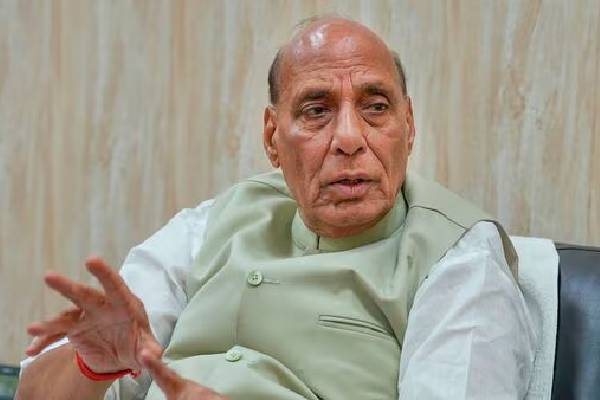A defiant Andhra Pradesh government on Monday knocked the doors of the Supreme Court challenging the Andhra Pradesh High Court’s ‘gag order’ in connection with an FIR registered in the Amaravati land scam case.
Challenging the Andhra Pradesh High Court gag order issued on September 15 barring the media from reporting on a case pertaining to an FIR lodged by ACB against some high profile personalities, the Jagan government in its petition argued that while only one petitioner had moved the HC seeking relief in terms of protection from coercive action and bar of media reportage, the High Court had passed the order and extended the relief to all the other accused persons.
“It is most respectfully submitted that the impugned order has been passed by the Hon’ble High Court in a Petition where the FIR was not even questioned. Besides, the orders have been passed not only in respect of the Respondent who had filed the writ petition but also in respect of all other accused persons,” the Andhra Pradesh government argued in its petition.
Besides, the orders have been passed not only in respect of the Respondent who had filed the writ petition but also in respect of all other accused persons, the state government said in its plea. “What is more shocking is that the writ petition was filed in anticipation of the FIR. Such a petition was completely unprecedented and not maintainable and ought to have been dismissed… A writ petition seeking to pre-empt investigation even before an FIR is registered cannot be entertained,” the Jagan government stated in its petition.
Last week, YSRCP Lok Sabha floor leader Mithun Reddy had raised this issue in the Parliament expressing his dissent over stifling the media by the High Court. He said that “the enforcement of law should be the same for the Prime Minister and a common man”.
AP government advisor Sjjala Ramakrishna Reddy had questioned the timing and haste in issuing the gag order and questioned if there was any objectivity in the court’s order. He had pointed out that the FIR was filed by an agency and did not contain anything that violated the privacy of the people named in it.

































